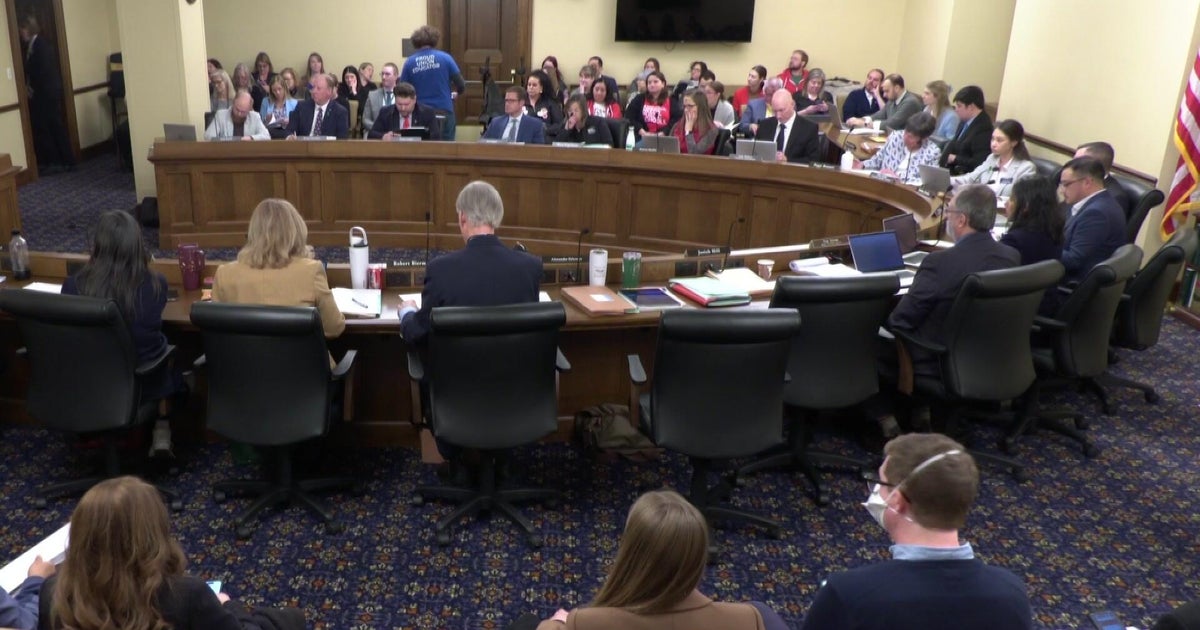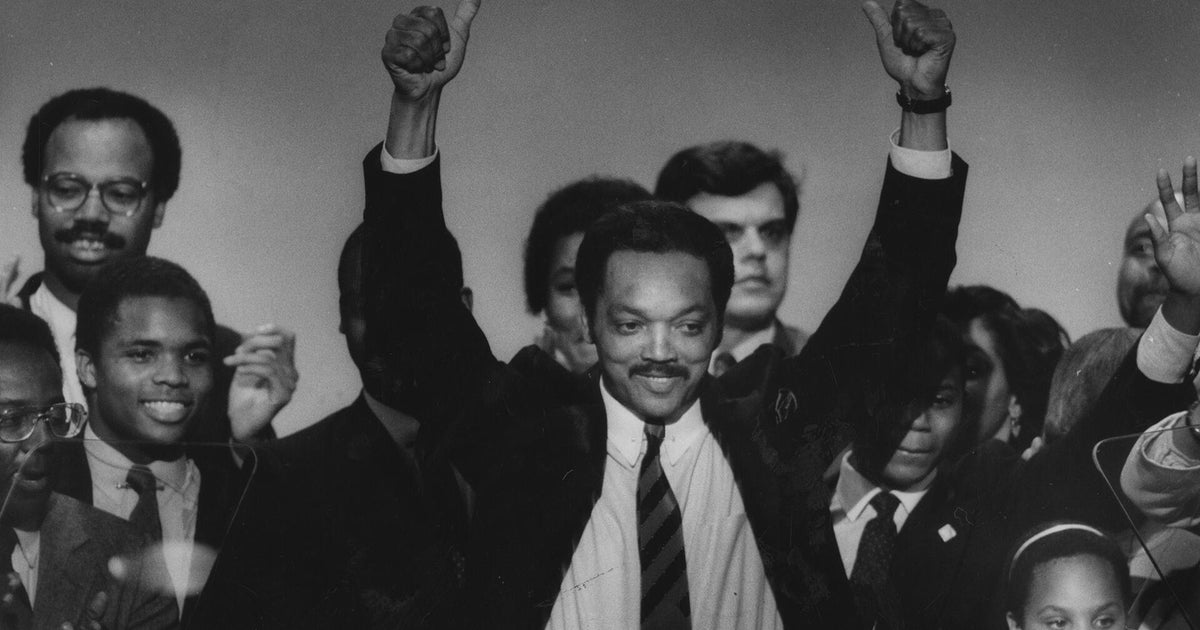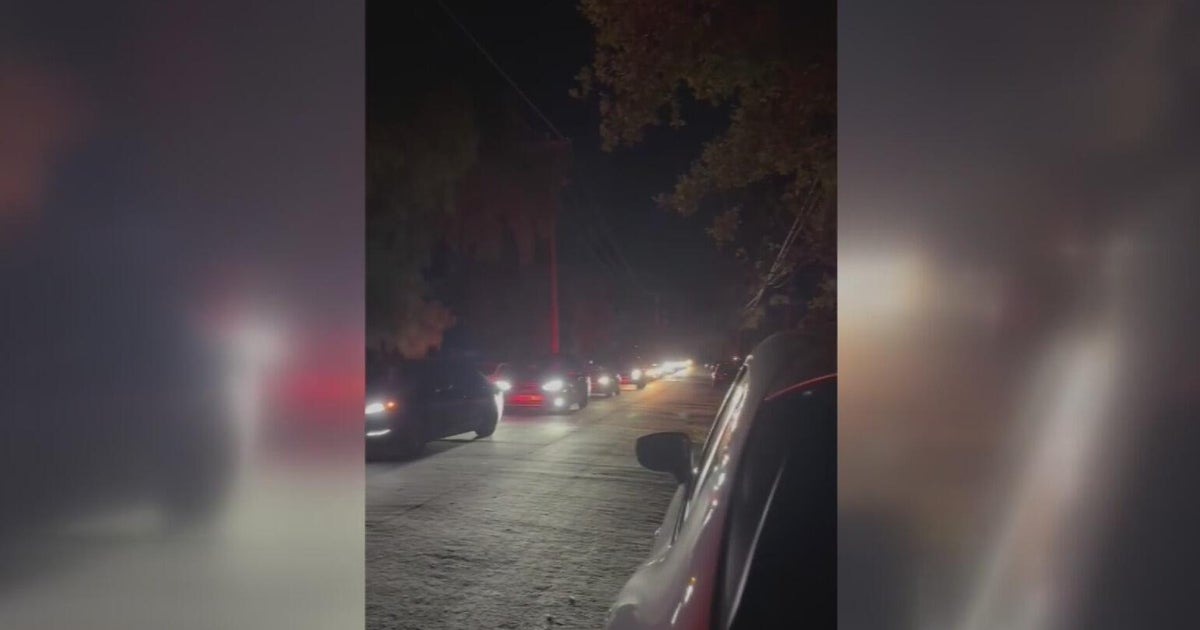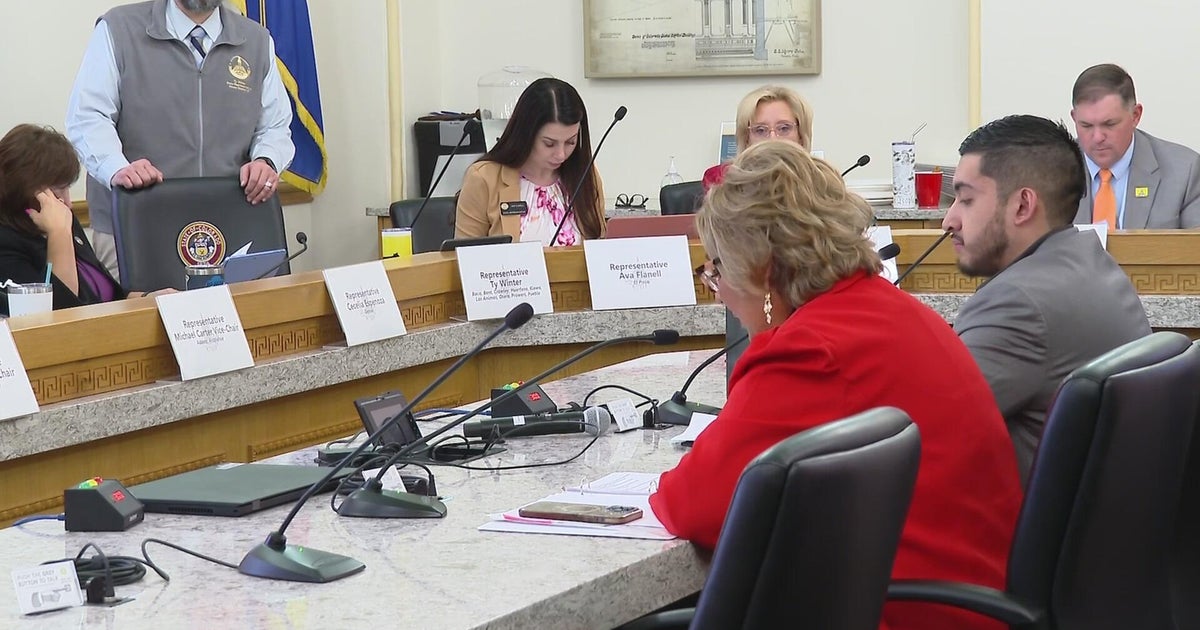Md. Bill Bans Employers From Asking For Facebook & Twitter Passwords
BALTIMORE (WJZ)-- Maryland lawmakers become the first in the nation to take a stand against companies accessing the social media accounts of current or future employees.
Monique Griego has more on the new legislation.
Many people felt employers were crossing the line. Lawmakers agreed and banned them from asking for passwords to sites like Facebook and Twitter.
The debate over social media privacy ignited after employees reported companies were asking them to hand over their Facebook passwords.
"I was just mortified. I just thought that crossed the line," said Robert Collins, who was asked for his Facebook password by a potential employer.
Collins was at the center of the controversy after the Maryland Department of Corrections asked him to give up his information.
"He wasn't forced to but felt if he didn't, he wouldn't get hired. So he felt compelled," Melissa Goemann of the American Civil Liberties Union (ACLU) said.
Goemann and the ACLU felt it was a gross invasion of privacy.
Lawmakers agreed and this week officially passed a law banning employers from asking for social media passwords.
"People have so much information on Facebook, everything from family photos, their religion, marital status -- which employers can't ask about -- to private email correspondence," Goemann explained.
While Facebook leaders spoke out in favor of the law there were those who thought it went too far.
The Maryland Chamber of Commerce opposed the law saying employers have a legitimate: "Interest in protecting itself from various legal claims as well as an interest in scrutinizing potential misrepresentations and inappropriate comments/behavior of its agents."
Goemann disagrees saying having a job shouldn't mean giving up your private life.
"They can't now tap your phone," she said. "I'm sure they'd get a lot of revealing information then, but they really need to go through usual channels that they've done. That seems to be effective even before there was Facebook."
Supporters are still waiting for the governor to sign the bill into law.
Several other states, including California and Illinois, are now considering similar laws.







